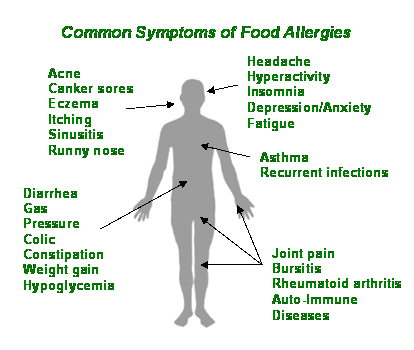
Allergies are one of the most annoying, common and serious health concerns in our modern day world. Symptoms like a runny nose, hives, red, swollen eyes, sneezing, coughing, hives or swelling. Allergies range from mild to very serious. Some allergic reactions can be treated using over the counter medicines or prescription medication. Treatments such as allergy shots and allergy drops help to reduce the effects of allergies and prevent further aggravating the condition.
Allergy attacks are caused by an allergen, which is an allergen which has a known or suspected allergen-allergy relationship. The human body is constantly searching for information regarding potential allergens which it considers to be dangerous to itself. If it determines that the allergen is present, the immune system identifies the allergen and produces antibodies. These antibodies will then be directed to the allergen and destroy it, sometimes without contact with the allergen. However, there are some types of allergies which have no response to antibodies, although they can still be identified as an allergic reaction.
Allergies, when left untreated, can become more severe and cause discomfort for the sufferer and those around them. Many allergens can travel up through the respiratory system and reach the bloodstream, causing serious and life-threatening health problems. It is therefore essential to treat allergies from the onset of the symptoms to eliminate any further health risks. Symptoms of allergies can also vary greatly between people.
The best way to prevent allergies attack is to identify allergen triggers and avoid these. This can be done by identifying which materials you are allergic to and avoiding those substances in your daily routine. The easiest way to do this is to identify the most common allergic triggers and avoid them.
If you believe that you have an allergic reaction, the first step is to identify what the allergic reaction is. For example, if you have hay fever, the first step is to determine if it is due to an allergen. The most common allergen is dust mite pollen. If you do not have an allergic reaction to dust mite pollen, then you may be allergic to mould or other allergens found in the home or surrounding environment. You should visit your doctor for testing and hopefully be able to eliminate the allergen and eliminate the potential causes of the allergies. causing the allergy.
Symptoms of allergies are often difficult to recognize, because the body usually does not display any symptoms of an allergic reaction. There are several tests that doctors can run to determine the presence of allergies in the body and whether or not they are caused by an allergen. These tests can include skin tests or blood tests.
If you are not allergic to a substance, you may be able to identify the allergens in your environment and take the medications prescribed at your doctor’s office. These medications will include allergy drops, which are designed to eliminate the allergen from the body. These medications are designed to reduce the symptoms of allergies, which are the most common causes of allergic reaction.
Allergy symptoms can vary greatly, and there are different medications that can be used to treat different types of allergies. Each person must find out which allergy is causing the allergic reaction in order to treat the condition. Once the cause of the allergy has been identified, treatment must be followed carefully to avoid triggers and to ensure the allergy does not return. in future. You can find out what methods can be used to treat allergies on the website African babies dont cry.
Most allergenic medications and treatments cause some discomfort and should be taken regularly until allergy symptoms and allergies disappear. This is because certain medications are known to interfere with the normal elimination process from the body, which can cause a rebound allergy that will worsen symptoms in the future.
Allergens are all around us, and the body’s immune system is constantly fighting against foreign objects, bacteria and viruses. The body’s immune system has a natural defense system called T cells that attacks these allergens and prevents the build-up of antibodies that can block the immune system from producing the antibodies it needs to fight off foreign substances.
When the body is exposed to a particular allergen, it does not cause an allergic reaction, but causes the body to produce antibodies that can block the body’s production of antibodies that can fight that allergen. with repeated exposure. If the body’s immune system is allowed to build up antibodies that are not produced, it can trigger another allergic reaction that will worsen the symptoms.